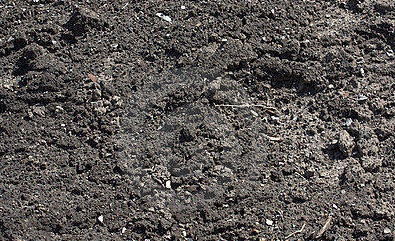Black Cotton Soil is inorganic clay. It is called black cotton soil due to its black color and cotton is grown very well.
In United States, It is also called as Chernozem. Other name of black cotton soil is regur soil.
Black cotton soils are mud-rich soils shaped in locales (jungles and subtropics) having helpless waste conditions. Such conditions favor the development of such dirt which has montmorillonite earth mineral as the vital mud mineral.
In a dry state, it shrinks and becomes hard, and possesses a very high bearing capacity. In the moist state. it expands and losses its bearing capacity.
Black cotton soil is clay-rich soil for example it contains calcium, carbonate, potash, holds dampness, and is mostly shaped in the jungles and subtropics district.
Black cotton soil is also wealthy in lime, iron, magnesium, however, contains a low quantity of phosphorous, nitrogen, and natural substance. It is highly fertile in low lands than on the uplands.
We can see the cracks in many grounds having black soil, this is on the grounds that during the dry season they form the crack for the circulation of the air.
However, it is awesome soil for cultivation yet is risky soil for structural designing work because of its expanding and shrinkage property.

The main attribute of the dirt is, when dry, it contracts and is hard similar to stone, and has a high bearing limit. Enormous breaks are shaped in the main part of the dirt. The entire zone separates and laughs out loud to 150 mm wide is framed up to a profundity of 3.0 to 3.5 meters. In any case, when the dirt is clammy it grows, turns out to be extremely delicate, and loses its bearing limit.
Is Black Cotton Soil Good for Construction?
Black cotton soil is not suitable for construction due to its low bearing capacity. It also has very high swelling and shrinkage.
